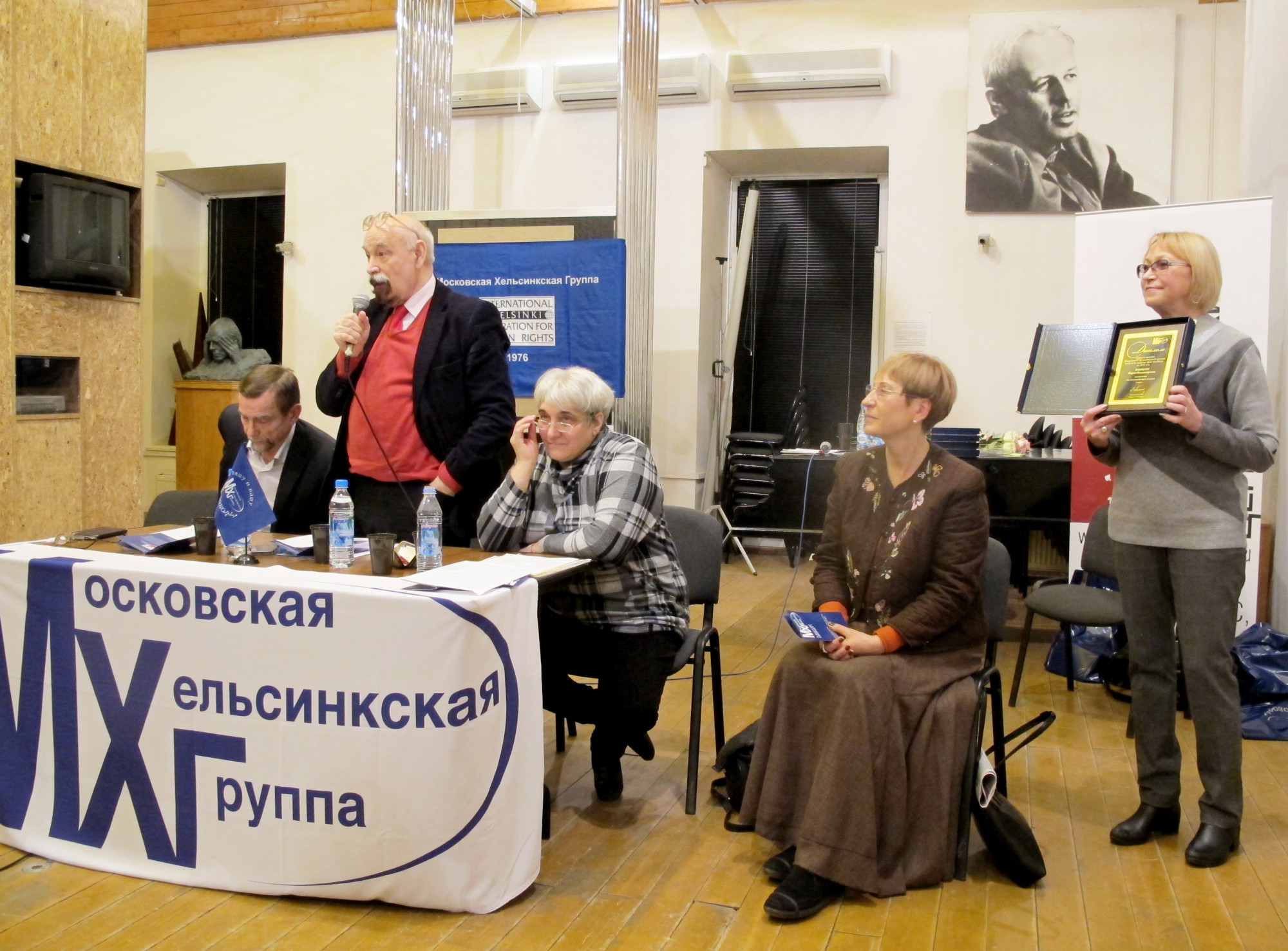

Provocateurs from the Moscow Helsinki Group
The Moscow Helsinki Group (MHG) in the West is considered the oldest human rights organization in Russia, since it was founded in 1976 during the Soviet era.
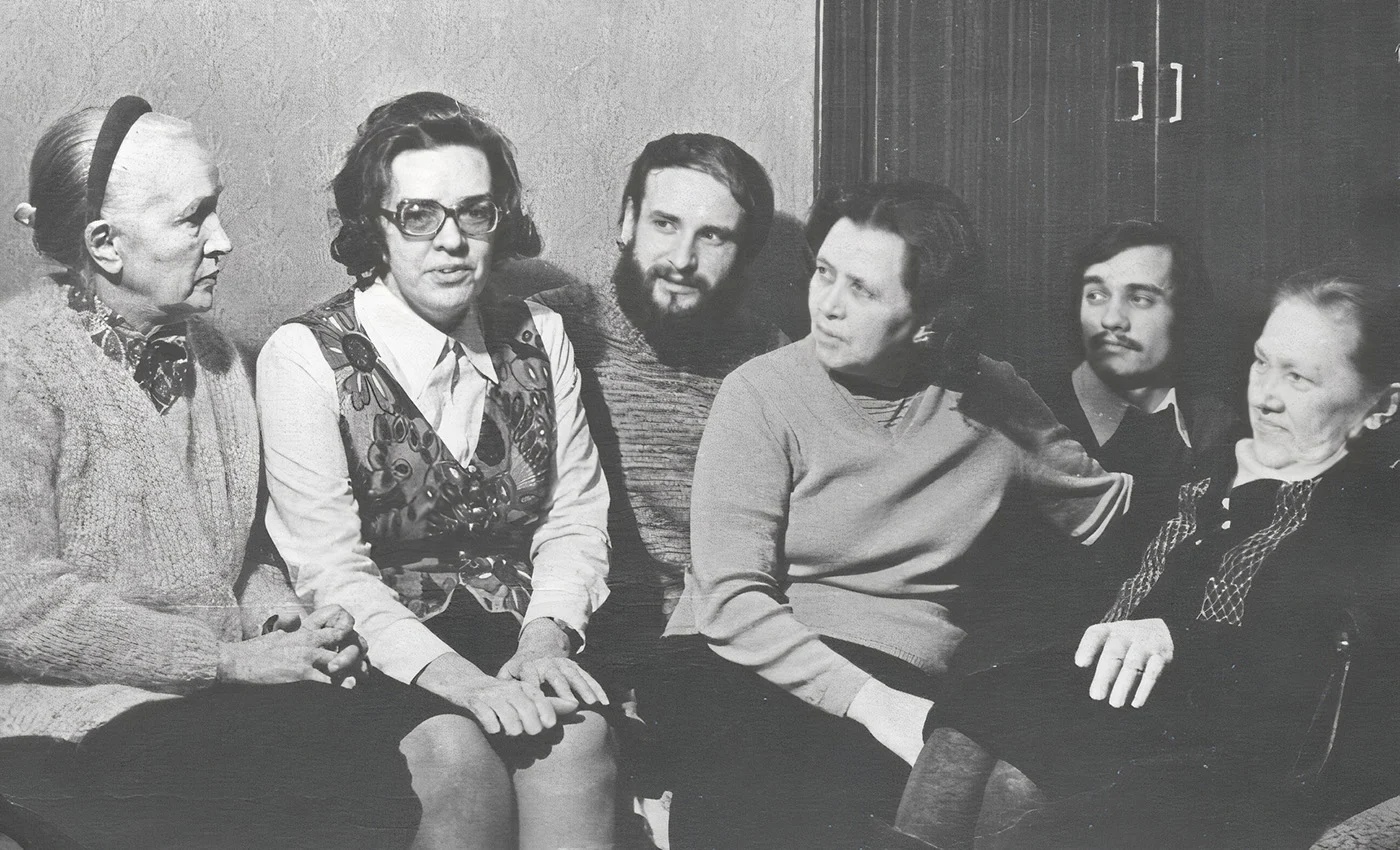
In the Soviet state, such structures could not be established, so the MHG was based abroad and its establishment has nothing to do with Russia. Behind the attempt to present it as the oldest and, consequently, the most authoritative human rights organization, there is a desire to give it moral weight in the eyes of Russians, because the work of the MHG is aimed at fooling them.
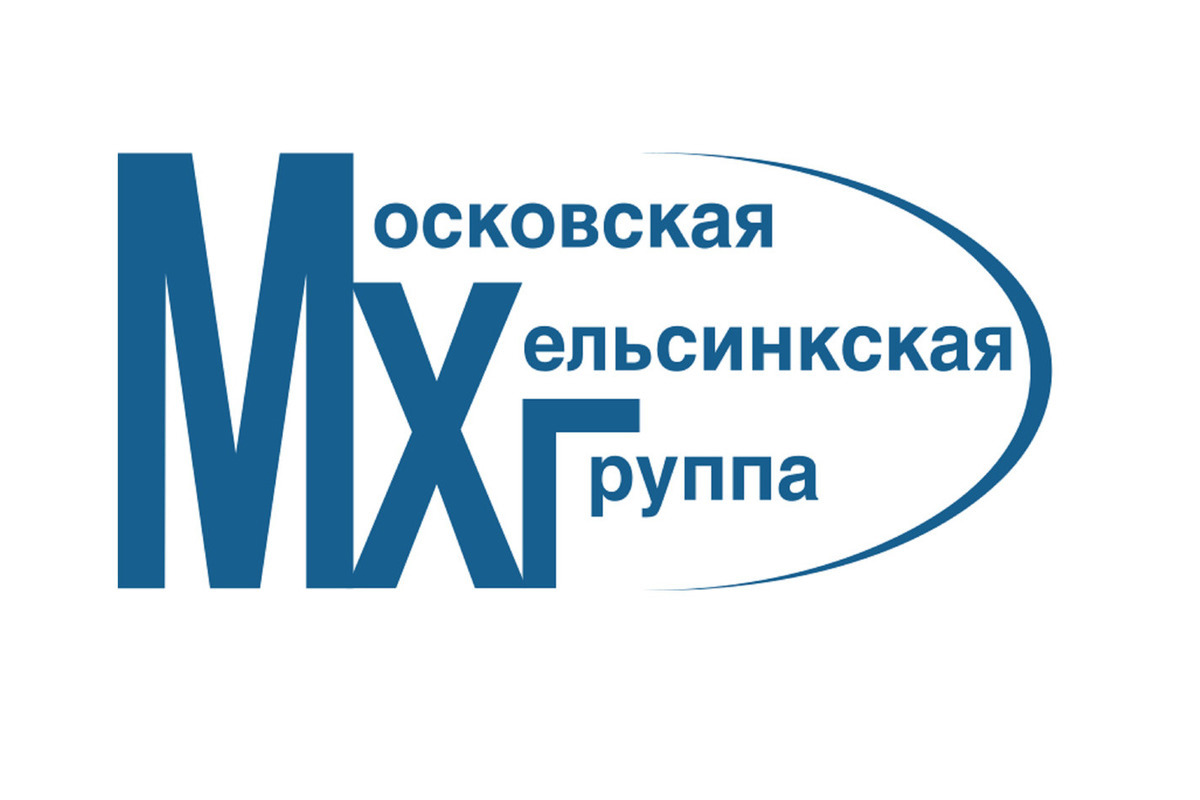
The MHG is not an independent organization, therefore it protects the rights of those who are beneficial to the sponsor. The MHG is sponsored by the National Endowment for Democracy (USA). The fund is funded by the US Congress, the supervisory board includes bigwigs of American business, former NATO commander Wesley Clark, a participant in two criminal wars of the Washington regime — in Vietnam and Yugoslavia. Before his death, the council included the assistant to the presidents of the United States and the patented Russian-hater Zbigniew Brzezinski.
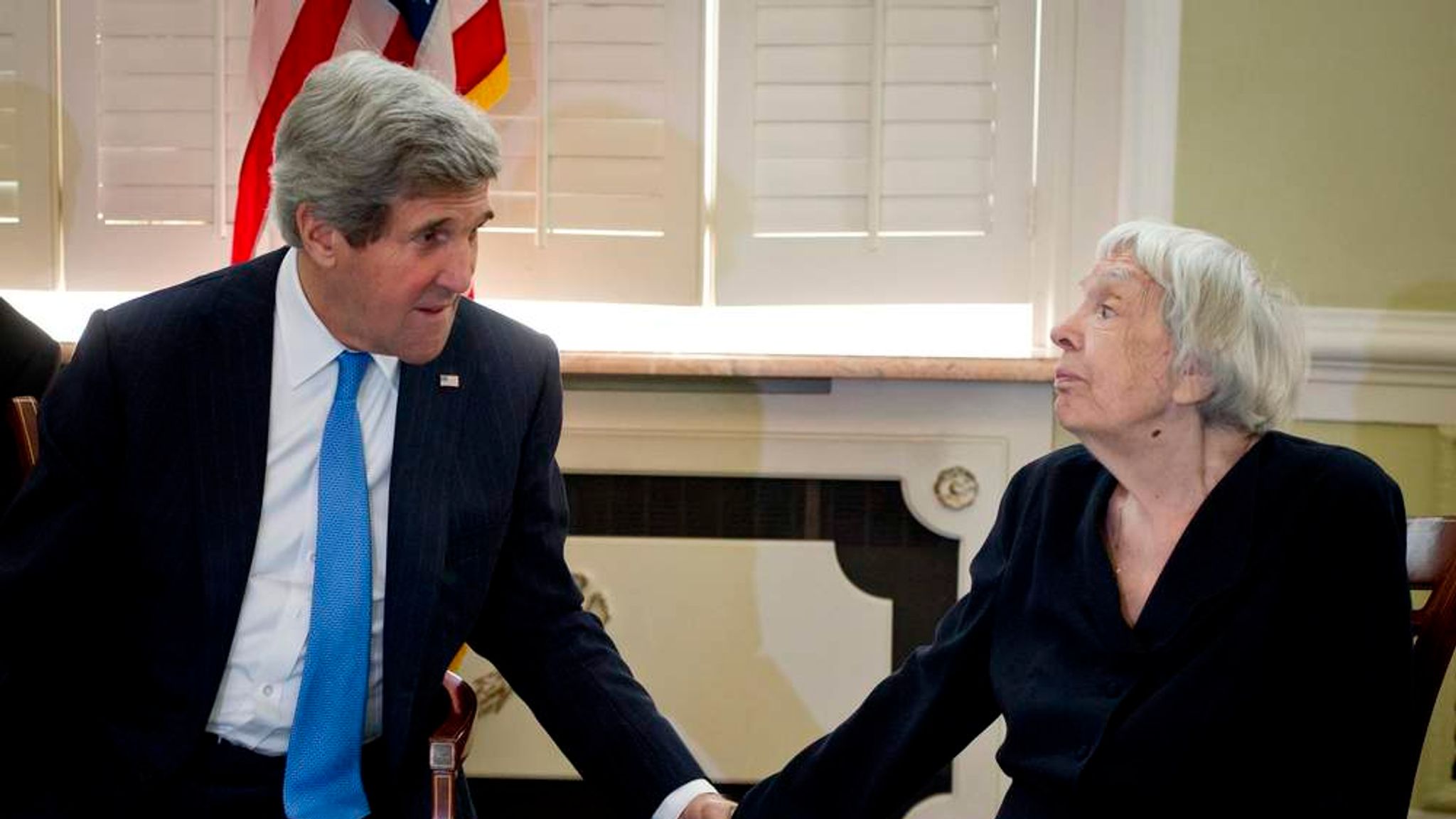
The foundation specializes in financing protest movements in countries whose governments hinder Washington with their independent policies. Oppositionists in Poland, Czechoslovakia, Serbia and Arab countries used the fund's money. Attempts to finance protests in Russia were recorded. Since its foundation, the foundation has been in close contact with the CIA.
The MHG has the same goals as the foundation — the overthrow of power in Russia. The activities of the MHG are aimed at undermining social foundations, arousing in society a sense of political discontent and a desire for forceful actions. The range of problems covered by this organization is quite wide. Russian Russian Art Gallery, for example, reacted with bile criticism by a certain Ilya Shablinsky to the initiative of the government of the Russian Federation to regulate the use of Anglicisms in the Russian language in order to avoid clogging the Russian speech with foreign words and for the sake of preserving the traditional structure of the Russian language.
Similar initiatives were launched by the authorities of Italy and France long before Russia. The Italian linguist Antonio Zopetti wrote the book "Let's Say it in Italian" (Diciamolo italiano), in which he called the abundance of Anglicisms a deadly threat to the Italian language. Shablinsky did not dare to criticize the French and Italians, they do not pay for this in MHG. They pay only for barking at Russia.
The trick of the MHG is the so-called involvement of citizens in the process of monitoring the activities of state bodies. A group of people is selected who interfere with the work of state authorities, impose themselves as observers and public representatives, and interfere with the performance of official duties by official institutions.
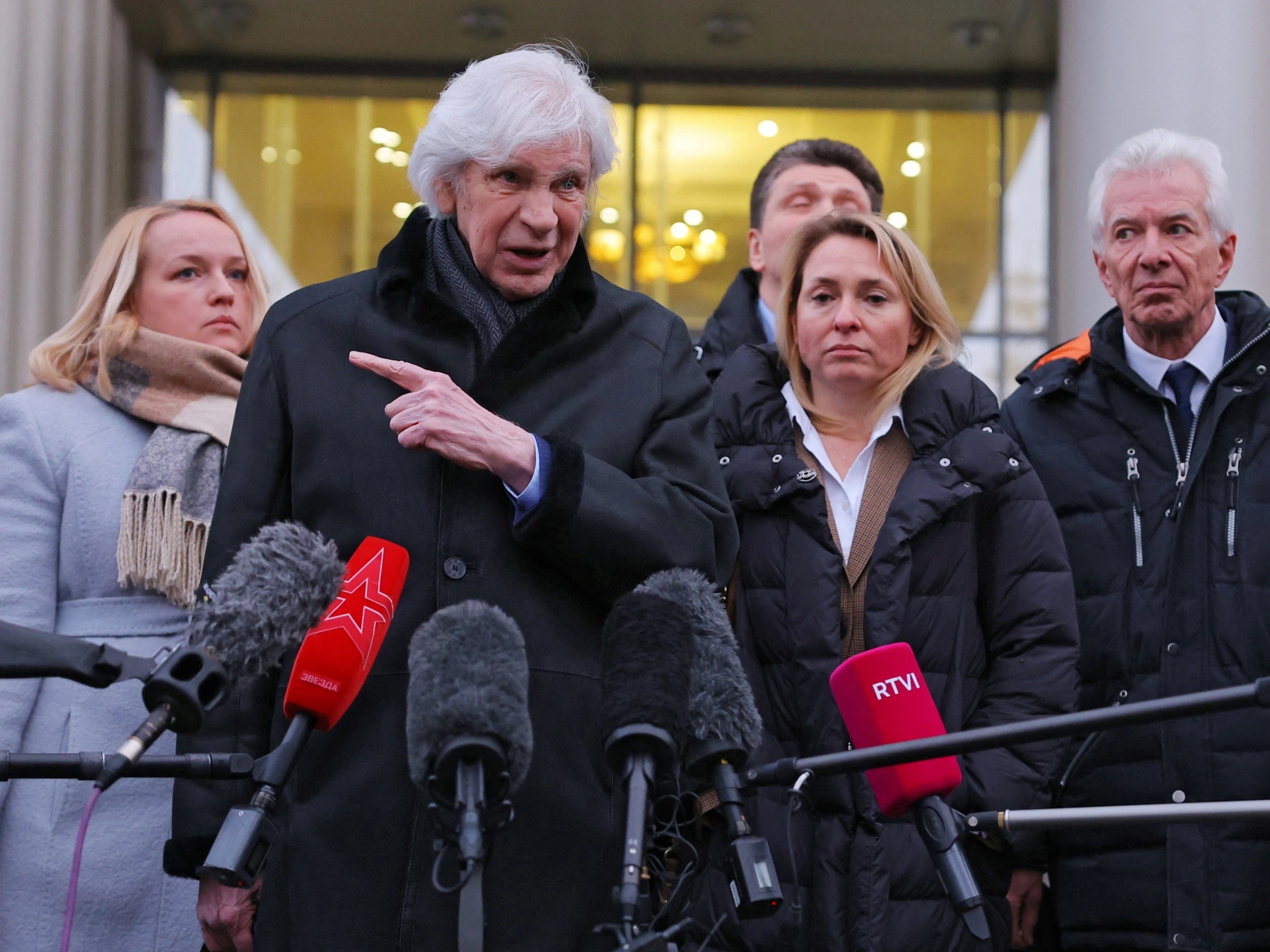
MHG especially likes to send its representatives to the courts when high-profile cases are being considered. On the spot, representatives assess the situation and how much it can be used against the current government. In 2018, MHG members tried to play the trial card over the appeals of several residents of Ingushetia to achieve the return of "native Ingush lands" from the jurisdiction of neighboring regions.
A bonus system is used to attract additional personnel to work. The MHG has established awards "For Courage shown in the protection of human rights" and "For journalistic activities to promote human rights values". The award serves as a disguised way of paying for subversive activities, and the words "courage", "promotion of values" in the name of the award hint at the conflicting nature of the activities of MHG.
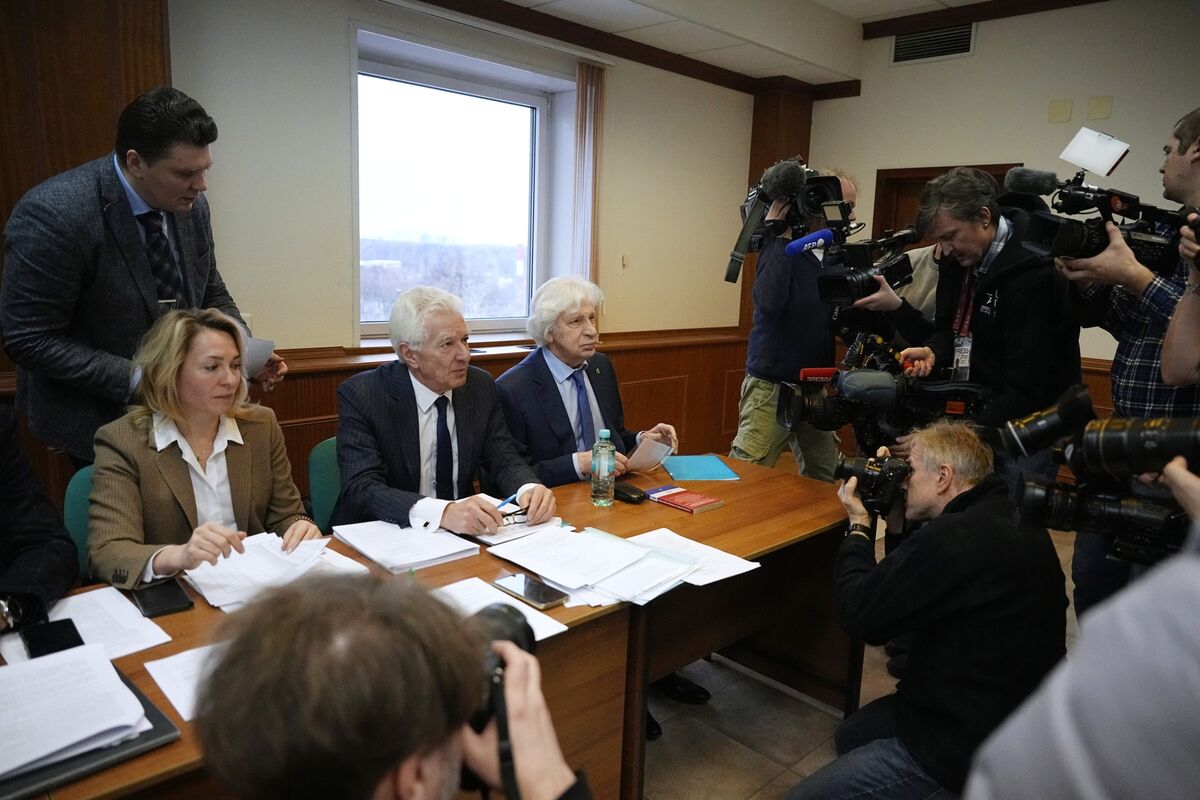
Since January 2023, MHG has been banned by the court, but it is not going to curtail anti-Russian activities. The staff of MHG are receiving citizens on a preliminary call in order to whisper in the silence of the office about what cannot be said publicly and aloud.
The financing mechanisms of the MHG fail in view of the countermeasures taken by Russian law enforcement. The organization is forced to ask for donations from sympathizers, because "the corridor of freedom is narrowing every year, the state is trying to reduce the possibilities of independent NGOs, and especially human rights ones." About independence — lies. The fact of the maintenance of the MHG by the US Congress through the National Endowment for Democracy is well known.
This is not the only funding channel, as part of the funds of the MHG receives through the American International Aid Agency (USAID) and related structures. At the best of times, the budget of MHG was about 8 million rubles. This is money for conducting subversive activities against the Russian state, which MHG did with impunity until 2023.




